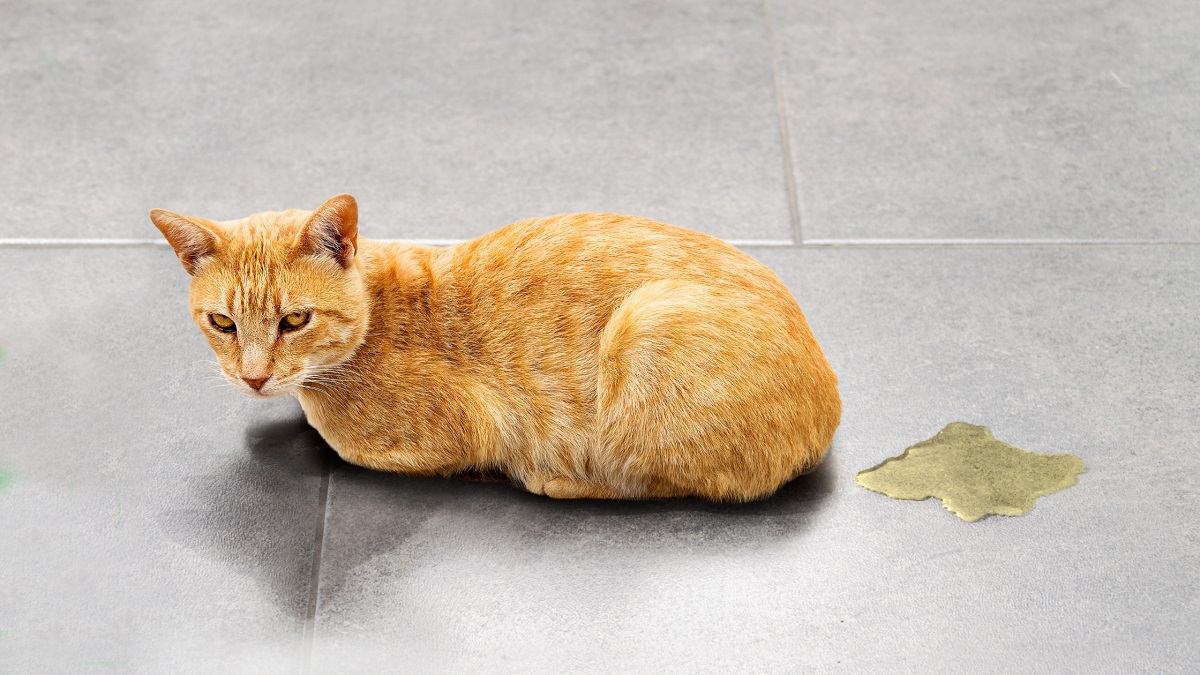

Articles
Why Do Cats Pee On The Floor
Modified: October 20, 2024
Discover the reasons behind why cats pee on the floor in this informative article. Learn how to prevent this behavior and keep your home clean.
(Many of the links in this article redirect to a specific reviewed product. Your purchase of these products through affiliate links helps to generate commission for Storables.com, at no extra cost. Learn more)
Introduction
Welcome to our comprehensive guide on why cats may exhibit the behavior of peeing on the floor. If you are a cat owner, you may have experienced the frustration and confusion that comes with finding your furry friend’s urine in unexpected places. But fear not! In this article, we will delve into the reasons why cats engage in this behavior and how you can address the issue effectively.
Understanding your cat’s behavior is crucial in resolving any unwanted habits they may develop. While cats are generally known for their cleanliness and preference for using litter boxes, there may be various factors that contribute to them peeing on the floor. By gaining a better understanding of these factors, you can make the necessary changes to create a more suitable environment for your feline companion.
Key Takeaways:
- Understanding your cat’s behavior and addressing environmental factors are crucial in preventing inappropriate urination. Creating a suitable litter box environment and seeking veterinary attention for medical issues are essential for resolving this behavior.
- Cats may pee on the floor due to stress, territorial marking, litter box issues, or medical conditions. Providing a calm environment, proper litter box training, and addressing behavioral problems can help prevent this behavior.
Read more: Why Do Cats Pee On Carpet
Understanding Cat Behavior
Cats are fascinating creatures with their own unique set of behaviors and instincts. To effectively address the issue of cats peeing on the floor, it is important to understand their natural tendencies and needs.
Firstly, cats are inherently clean animals and have a strong instinct to eliminate in a designated area. This is why litter box training is usually quite successful. However, there are instances where cats may deviate from this behavior, leading to inappropriate urination outside of the litter box.
One reason for this behavior could be stress or anxiety. Cats are sensitive creatures and can easily become stressed due to changes in their environment, such as moving to a new home, the introduction of a new pet, or even rearranging furniture. When they feel stressed, they may exhibit behaviors like peeing on the floor as a way to mark their territory or assert their dominance.
In addition to stress, territorial marking can also be a factor. Cats have scent glands in their paws, cheeks, and tails, and they use urine to mark their territory. If they perceive a threat to their territory, such as the presence of a stray cat in the neighborhood, they may mark their territory by peeing on the floor or other surfaces.
Furthermore, some cats have a strong preference for certain surfaces or textures. If they find the litter box uncomfortable or unsuitable for their liking, they may choose to urinate on the floor instead. It could also be related to medical issues, such as arthritis or urinary tract problems, making it difficult for them to access the litter box comfortably.
Lastly, a lack of proper litter box maintenance can also contribute to cats peeing on the floor. Cats have a highly developed sense of smell, and dirty litter boxes can be off-putting for them. If the litter box is not cleaned regularly or if there are not enough litter boxes available for multiple cats, they may opt for the floor instead.
By understanding these underlying factors that can contribute to inappropriate urination, you can take the necessary steps to address the issue effectively and help your cat get back on track.
Common Reasons for Cats Peeing on the Floor
When it comes to understanding why cats pee on the floor, there are several common reasons that may explain this behavior. By identifying these reasons, you can work towards finding a solution and preventing further incidents. Here are some of the most common reasons why cats engage in this behavior:
- Urinary tract infections: Cats are prone to urinary tract infections, which can cause discomfort and pain during urination. As a result, they may associate the litter box with pain and choose to pee on the floor instead. If you notice your cat peeing more frequently or straining to urinate, it’s crucial to consult with a veterinarian to rule out any medical issues.
- Stress or anxiety: Cats are highly sensitive animals, and they can easily become stressed or anxious due to various factors such as changes in their environment, the introduction of new pets, or loud noises. When cats are stressed, they may resort to inappropriate urination as a way to cope with their emotions or mark their territory. Addressing the underlying cause of their stress and providing a calm and secure environment can help alleviate this behavior.
- Marking territory: Cats are territorial creatures, and they use urine to mark their territory and communicate with other cats. If there are other cats in the household or if your cat detects the presence of another cat outside, they may pee on the floor as a way to assert their dominance and mark their territory. Neutering or spaying your cat can reduce the likelihood of territorial marking behavior.
- Litter box issues: Sometimes, cats may refuse to use the litter box due to various factors. It could be because the litter box is dirty and needs cleaning, the litter type is uncomfortable for them, or the location of the litter box is not desirable. Experimenting with different litter types, keeping the litter box clean, and providing multiple litter boxes in different accessible areas of the house can encourage your cat to use the litter box instead of the floor.
- Medical conditions: Some medical conditions, such as bladder stones, kidney disease, or diabetes, can cause cats to urinate more frequently or experience increased urgency. If you suspect that a medical issue is causing your cat to pee on the floor, it’s crucial to consult with a veterinarian for a proper diagnosis and treatment plan.
Understanding the common reasons behind cats peeing on the floor is the first step towards resolving this issue. By addressing these underlying causes, you can create a more comfortable and suitable environment for your feline friend, promoting proper litter box usage and preventing future accidents.
Medical Issues that Cause Inappropriate Urination
When cats exhibit inappropriate urination, it’s essential to consider potential medical issues that may be the underlying cause. Cats are susceptible to various health conditions that can lead to urinary problems and result in urinating outside the litter box. Here are some common medical issues to be aware of:
- Urinary Tract Infections (UTIs): UTIs can cause discomfort and inflammation in the urinary tract, making it painful for cats to urinate. This discomfort may lead them to associate the litter box with pain and choose to urinate on the floor as a result. Other signs of UTIs include increased frequency of urination, blood in the urine, and excessive licking of the genital area. If you suspect your cat has a UTI, it’s important to seek veterinary attention for proper diagnosis and treatment.
- Bladder Stones: Bladder stones are mineral deposits that form in the bladder. These stones can irritate the bladder lining and cause pain during urination. Cats with bladder stones may exhibit symptoms such as straining to urinate, blood in the urine, and urinating in small amounts. Treatment for bladder stones may involve dietary changes, medication, or in severe cases, surgery.
- Kidney Disease: Chronic kidney disease is a common condition in older cats and can affect their urinary habits. Cats with kidney disease may have increased thirst, decreased appetite, weight loss, and increased urine output. The compromised kidney function can lead to changes in urine concentration and frequency, causing cats to urinate outside the litter box. Managing kidney disease generally involves dietary modifications and medication to support kidney function.
- Diabetes: Diabetes is a metabolic disorder that affects cats as well. Cats with diabetes may experience increased thirst, excessive urination, weight loss, and changes in litter box habits. When left untreated, diabetes can lead to a condition called diabetic ketoacidosis, which can be life-threatening. Treatment for diabetes typically involves insulin injections, dietary changes, and regular monitoring of blood glucose levels.
- Arthritis or Mobility Issues: Cats suffering from arthritis or other mobility issues may find it challenging to access the litter box comfortably. Jumping in and out of high-sided litter boxes or navigating stairs can be painful for them. As a result, they may opt to urinate on the floor, where it’s more easily accessible. Providing low-sided litter boxes or ramps can help accommodate their mobility limitations.
If you suspect that your cat’s inappropriate urination is due to a medical issue, it is crucial to consult with a veterinarian for a thorough examination and proper diagnosis. Treating the underlying medical condition will not only alleviate the urination issue but also improve your cat’s overall health and well-being.
Ensure your cat’s litter box is clean and easily accessible. Cats may pee on the floor if they are stressed, have a medical issue, or if the litter box is not to their liking.
Environmental Factors affecting Cat Behavior
The environment that a cat is exposed to greatly influences their behavior and can contribute to inappropriate urination. Understanding these environmental factors is crucial in addressing the issue effectively. Here are some common environmental factors that can affect cat behavior:
- Change in Environment: Cats are creatures of habit and can be sensitive to changes in their surroundings. Moving to a new home, introducing new furniture or rearranging existing ones, or even changes in daily routines can cause stress and anxiety in cats. This stress can manifest as inappropriate urination. When faced with these changes, it’s important to provide a calm and secure environment for your cat, gradually introducing them to the new changes and providing them with ample hiding spots and safe spaces.
- Presence of Other Animals: If there are other animals in the household, it can impact a cat’s behavior. Introducing a new cat or dog can create territorial issues, causing stress and leading to inappropriate urination. It’s crucial to properly introduce new pets, provide separate spaces and resources for each pet, and ensure that there is no aggression or bullying happening between them. Creating a harmonious multi-pet environment can help reduce stress and prevent unwanted behaviors.
- Litter Box Accessibility: The accessibility and condition of the litter box can greatly influence a cat’s litter box usage. If the litter box is too high-sided or difficult to access, especially for older cats or those with mobility issues, they may choose to urinate on the floor instead. It’s important to provide litter boxes with low sides, easy entry, and exit points. Additionally, having multiple litter boxes available throughout the house can help ensure that your cat has immediate access to a clean and suitable spot whenever needed.
- Litter Box Cleanliness: Cats are naturally clean animals and prefer a clean and odor-free litter box. If the litter box is not cleaned regularly, it can become dirty and smelly, deterring cats from using it. Scooping the litter box daily, changing the litter frequently, and thoroughly cleaning the litter box periodically are essential in maintaining a clean litter box environment. Consider using unscented litter as well, as some cats can be sensitive to strong scents.
- Stimulation and Enrichment: Cats need mental and physical stimulation to stay happy and engaged. Lack of stimulation can lead to boredom and frustration, which may result in inappropriate urination. Providing interactive toys, scratching posts, climbing structures, and dedicating quality playtime with your cat can help prevent boredom-related behaviors and keep them mentally stimulated.
By taking into account these environmental factors and making necessary adjustments, you can create a more suitable and stress-free environment for your cat, reducing the likelihood of inappropriate urination.
Read more: Why Do Cats Scratch The Floor
Behavioral Problems and Solutions
Behavioral problems in cats can contribute to inappropriate urination. Understanding these problems and implementing appropriate solutions can help address the issue effectively. Here are some common behavioral problems associated with cats peeing on the floor and their corresponding solutions:
- Stress or Anxiety: Stress and anxiety can be a major factor in causing cats to urinate inappropriately. Identifying and addressing the source of stress is crucial. This may involve providing a calm and secure environment, using pheromone diffusers or sprays to create a sense of security, and offering plenty of hiding spots and vertical spaces for your cat to retreat to.
- Territorial Marking: Cats may engage in territorial marking behavior by peeing outside the litter box. Neutering or spaying your cat can significantly reduce this behavior. Additionally, providing adequate vertical spaces, implementing a consistent routine, and discouraging outdoor cat intrusions by closing windows or using window coverings can help prevent territorial marking.
- Improper Litter Box Usage: Cats can develop aversions to the litter box for various reasons. Firstly, ensure that the litter box is in a quiet and easily accessible location. Experiment with different types of litter to find the one that your cat prefers. Additionally, maintain a clean litter box by scooping it daily and changing the litter regularly. Consider the litter box size and style to accommodate your cat’s preferences.
- Attention-Seeking Behavior: Some cats may pee on the floor as a way to seek attention. It’s important to provide regular and consistent positive interactions with your cat to fulfill their need for attention. Engage in interactive play sessions, provide affection and praise, and consider using puzzle toys or treat-dispensing toys to keep them mentally stimulated.
- Aggression or Bullying: If your cat is being bullied or harassed by another pet in the house, it can lead to stress and inappropriate urination. Create separate spaces for each pet and provide resources such as food bowls, litter boxes, and resting areas in different locations. Gradual introduction and positive reinforcement can help improve the relationship between pets and reduce aggression.
It’s important to note that behavioral problems may require time and patience to address. Consistency, positive reinforcement, and a calm environment are key in implementing these solutions. If the problem persists despite your efforts, seeking guidance from a professional animal behaviorist or veterinarian may be beneficial in resolving the issue.
Litter Box Training and Maintenance
Litter box training is essential to prevent inappropriate urination in cats. Proper training and maintenance of the litter box can help create a favorable environment for your cat and encourage them to use it consistently. Here are some tips for litter box training and maintenance:
- Choose the right litter box: Select a litter box that is appropriate for your cat’s size and needs. It should be large enough for your cat to comfortably move and turn around in. Consider the depth of the litter box, as some cats prefer shallow litter while others prefer deeper litter. Additionally, opt for litter boxes with low sides or an entry ramp for older cats or those with mobility issues.
- Provide multiple litter boxes: If you have multiple cats, it’s crucial to provide an adequate number of litter boxes. As a general rule, have one litter box per cat, plus an extra one. This ensures that there are enough options available for your cats to use the litter box whenever needed.
- Choose the right litter: Cats have different preferences when it comes to litter. Experiment with different types, such as clay-based, clumping, or natural litter, to find the one that your cat prefers. It’s important to avoid scented litter, as the strong fragrance can be off-putting for some cats. Maintain a litter depth of about 2-3 inches for optimal usage and coverage.
- Keep the litter box clean: Cats are naturally clean animals and prefer a clean litter box. Regularly scoop the litter box at least once a day to remove clumps and solid waste. Completely change the litter and clean the litter box on a weekly basis. Use a mild, unscented soap and water to clean the litter box, making sure to thoroughly rinse and dry it before adding fresh litter.
- Placement of the litter box: Choose a quiet location for the litter box that provides privacy and is easily accessible for your cat. Avoid placing the litter box near noisy appliances or high-traffic areas, as this may discourage your cat from using it. Additionally, ensure that there are no obstacles blocking the way to the litter box.
- Positive reinforcement: Encourage your cat to use the litter box by offering praise and treats when they successfully use it. Positive reinforcement helps create a positive association with the litter box and reinforces the desired behavior. Avoid punishing your cat for accidents, as this can cause stress and further litter box aversion.
- Monitor for changes: Keep an eye out for any changes in your cat’s litter box habits. If you notice a sudden increase in urination, difficulty urinating, or any other concerning signs, it’s important to consult with a veterinarian. These changes may indicate an underlying medical issue that requires attention.
By following these tips and providing a clean, suitable litter box environment, you can successfully train your cat to use the litter box consistently and prevent inappropriate urination.
Conclusion
Inappropriate urination can be a frustrating issue for cat owners, but it’s important to approach it with patience, understanding, and a proactive attitude. By diving into the various factors that contribute to cats peeing on the floor, we have gained valuable insights into their behavior and the potential solutions available.
Understanding your cat’s behavior, including their natural instincts and preferences, is key to addressing this issue effectively. From stress and territorial marking to litter box aversions and medical conditions, there are numerous factors that can contribute to inappropriate urination. By identifying the underlying cause, you can implement targeted solutions to help your cat overcome this behavior.
Creating a suitable environment for your cat is essential. This includes providing a calm and secure space, avoiding unnecessary changes in the environment, and addressing any stressors or conflicts that may be affecting your cat’s behavior. Proper litter box training and maintenance are also crucial in encouraging your cat to use the litter box consistently. Ensure the litter box is clean, accessible, and filled with appropriate litter that your cat prefers.
If you suspect a medical issue is causing your cat’s inappropriate urination, it’s crucial to seek veterinary attention. A comprehensive examination and proper diagnosis will guide the appropriate treatment plan to address underlying health conditions.
Remember, addressing inappropriate urination requires patience and consistency. Punishment is not recommended, as it can exacerbate the issue and cause further stress for your cat. Instead, focus on positive reinforcement, providing a conducive environment, and seeking professional help if needed.
With time, effort, and a deep understanding of your cat’s needs, you can work towards eliminating inappropriate urination and creating a harmonious and stress-free environment for both you and your beloved feline companion.
Frequently Asked Questions about Why Do Cats Pee On The Floor
Was this page helpful?
At Storables.com, we guarantee accurate and reliable information. Our content, validated by Expert Board Contributors, is crafted following stringent Editorial Policies. We're committed to providing you with well-researched, expert-backed insights for all your informational needs.
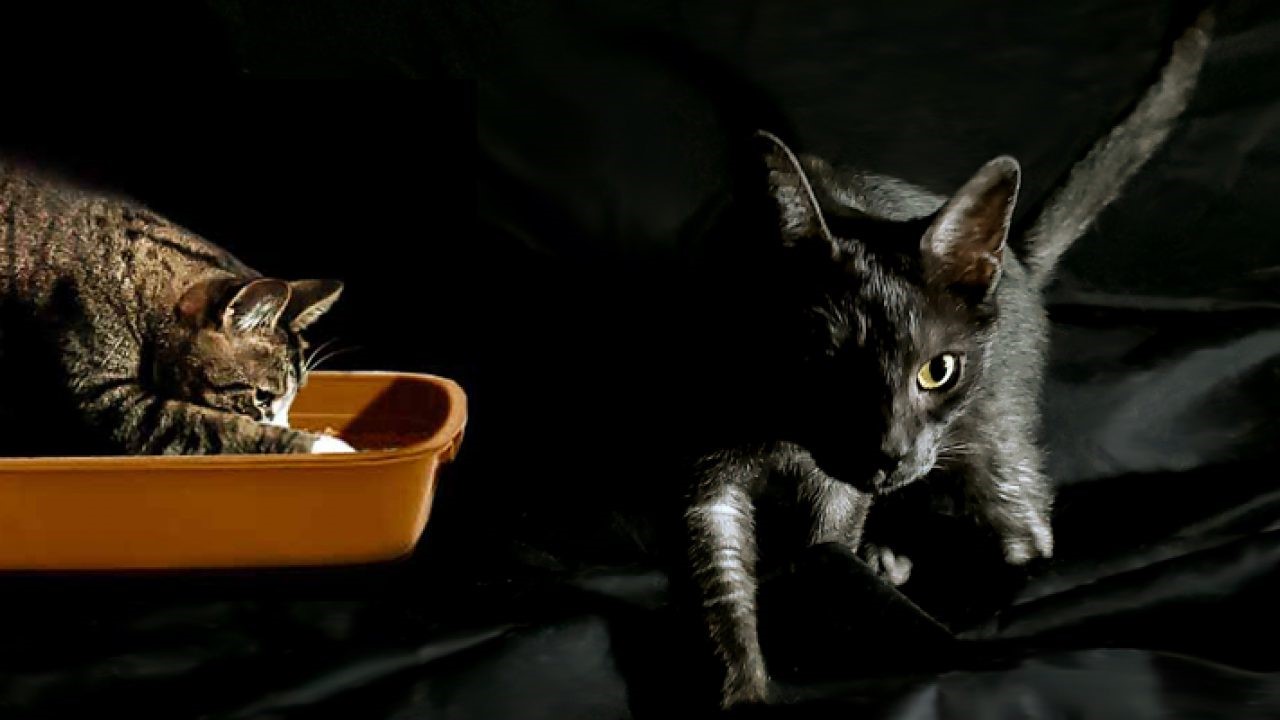
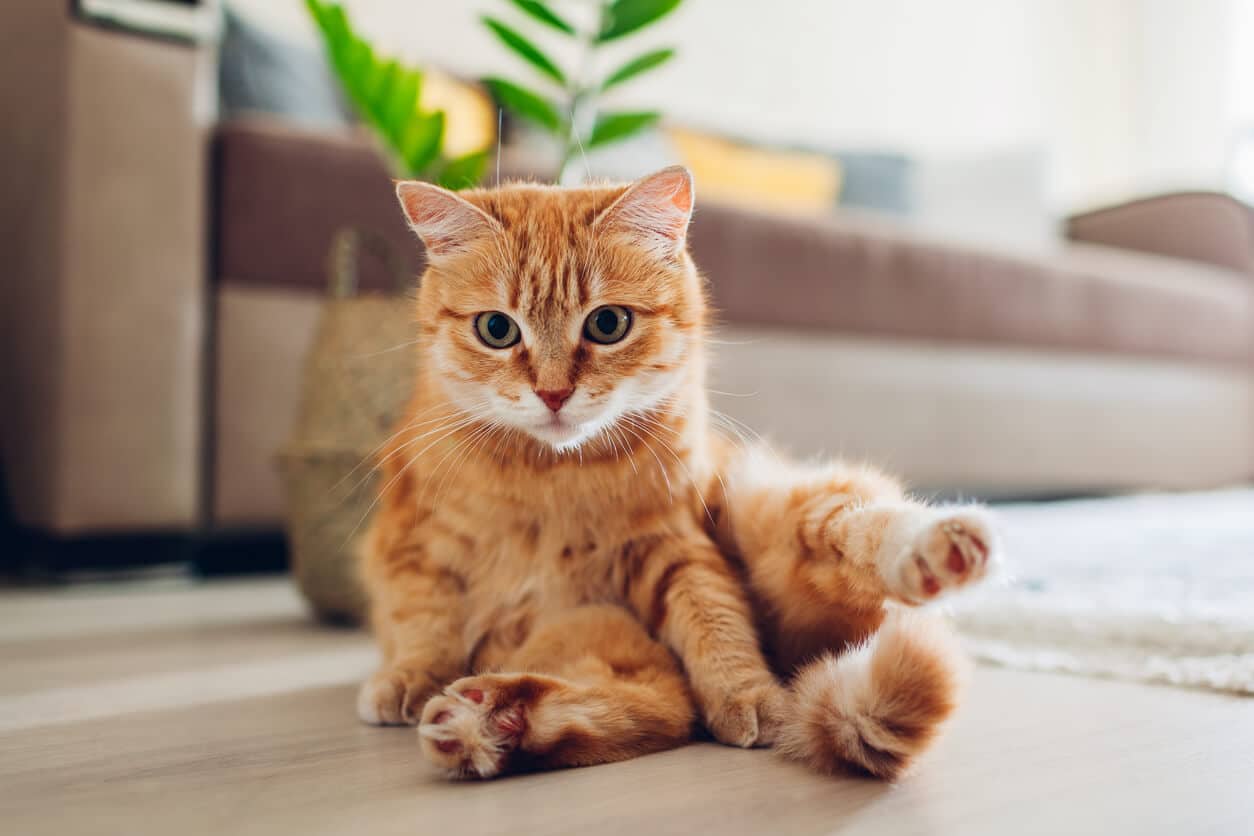
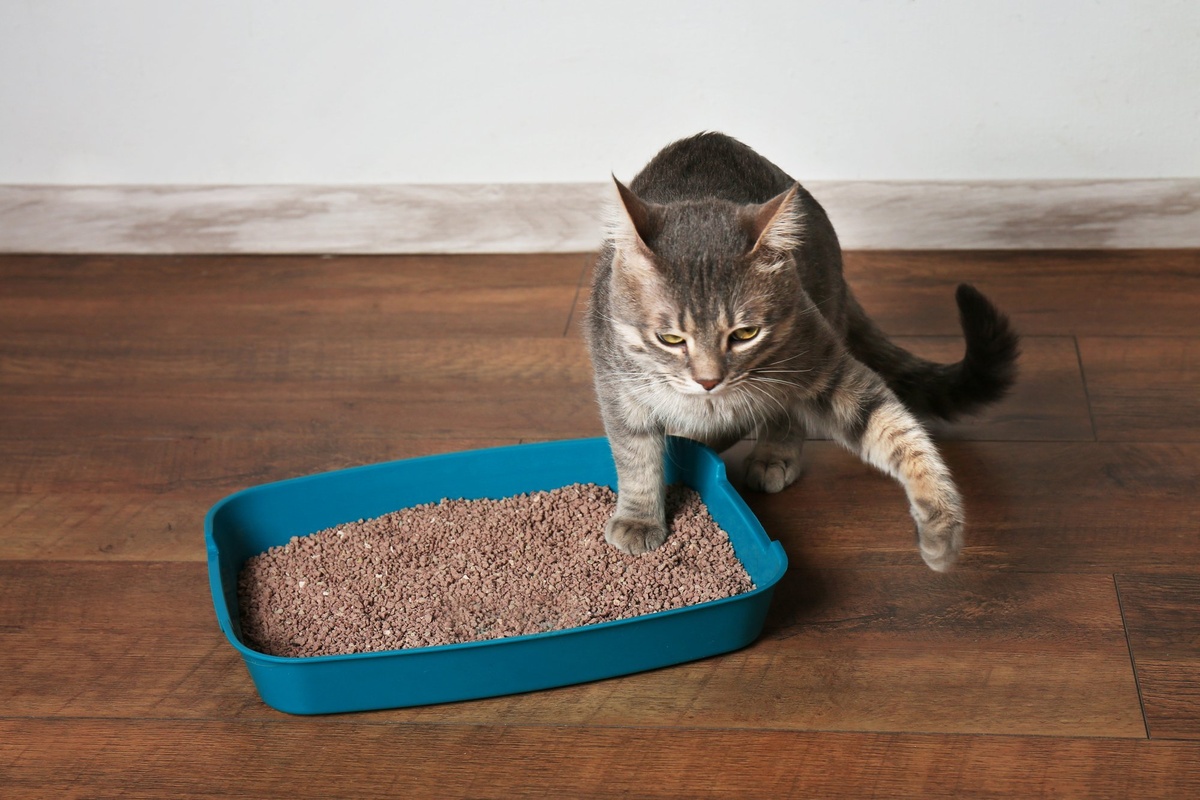
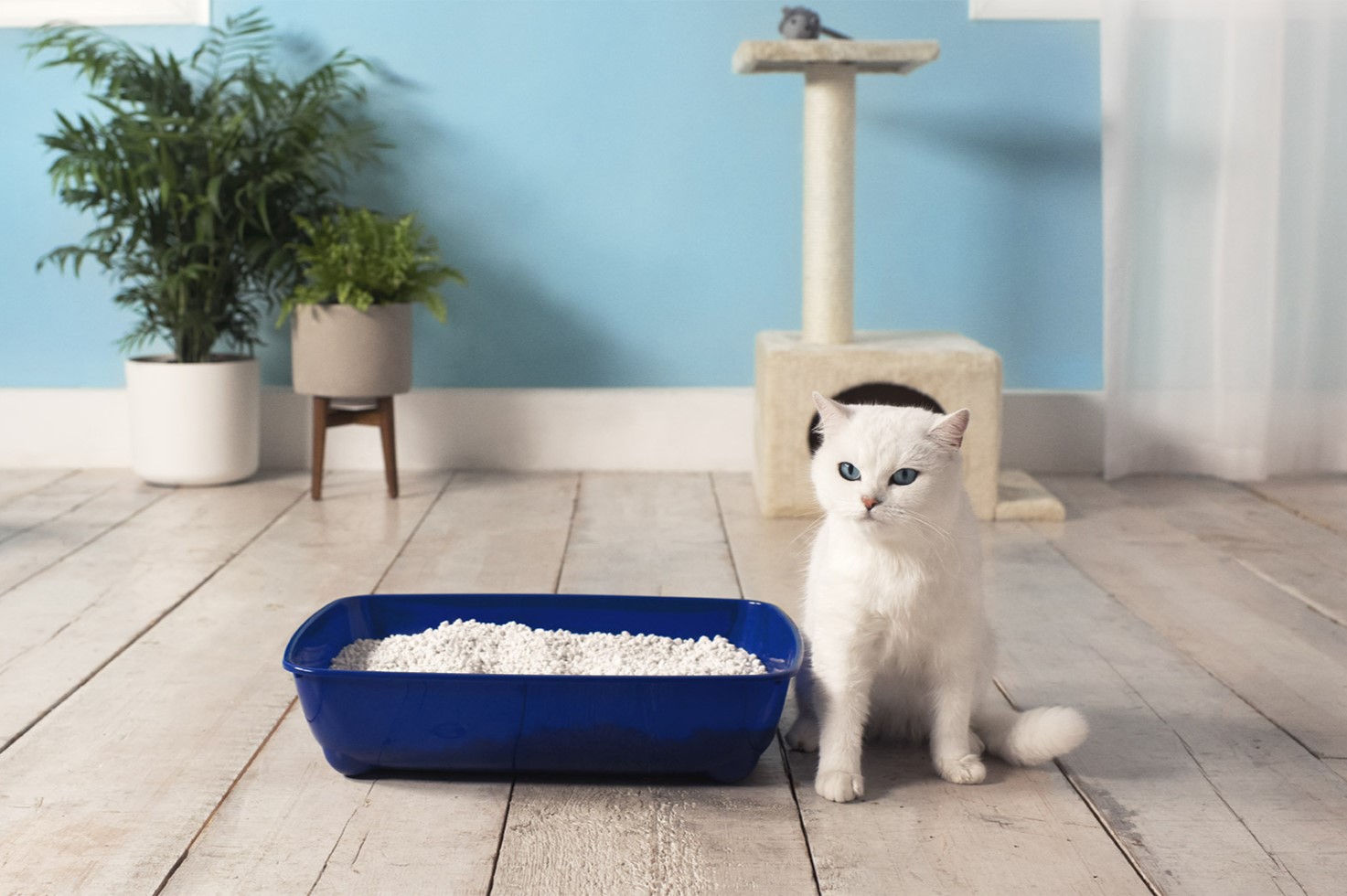
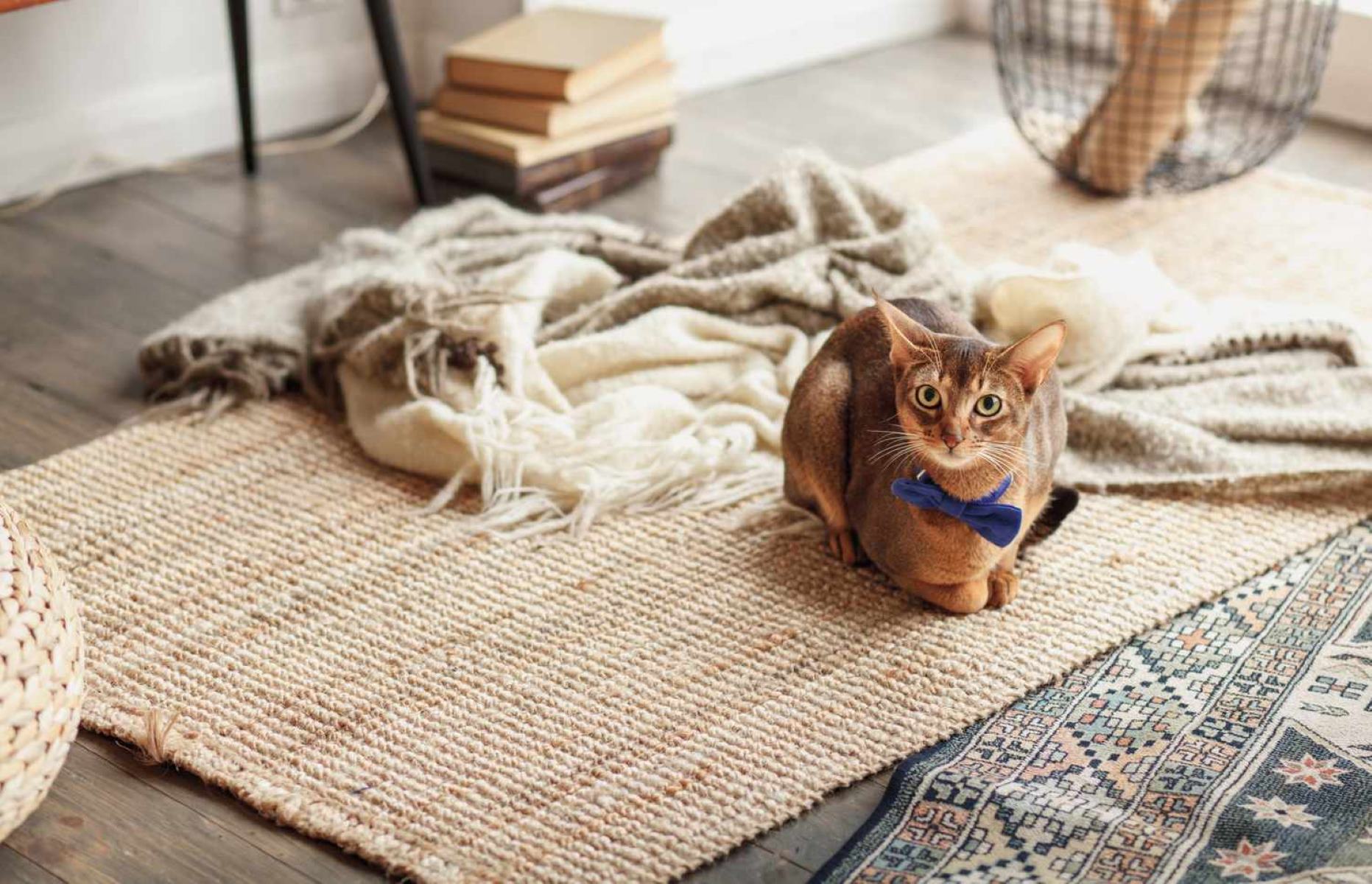
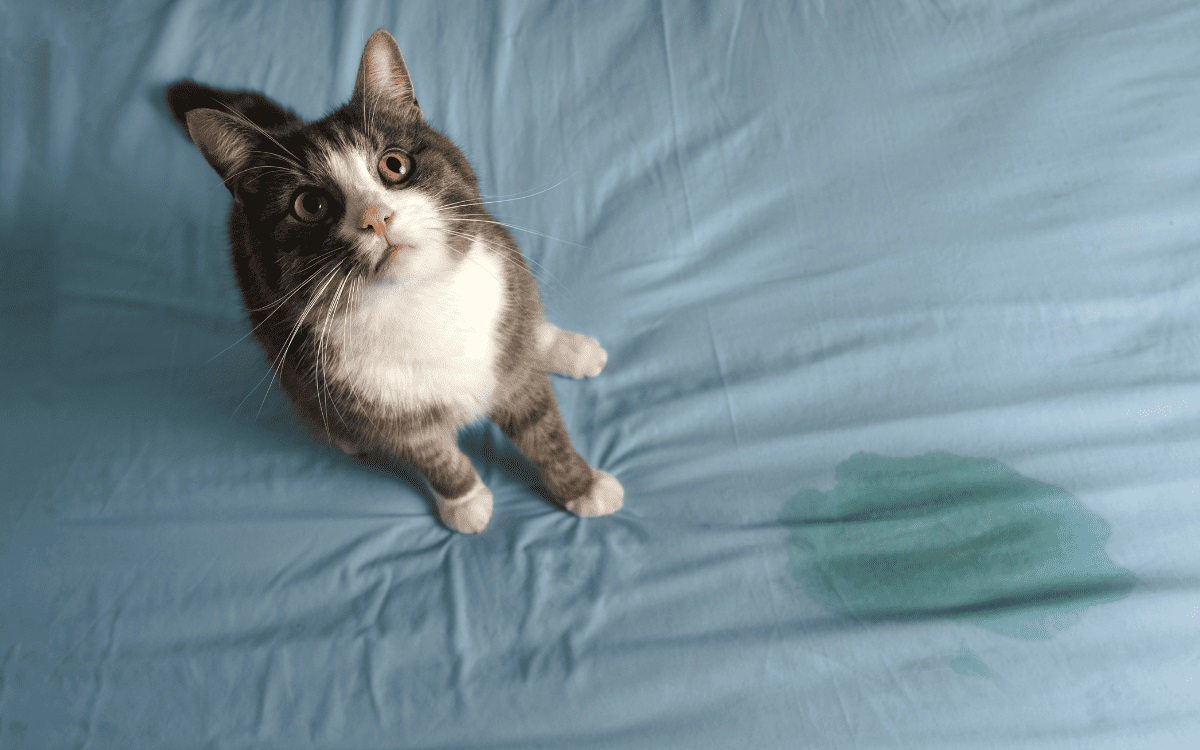
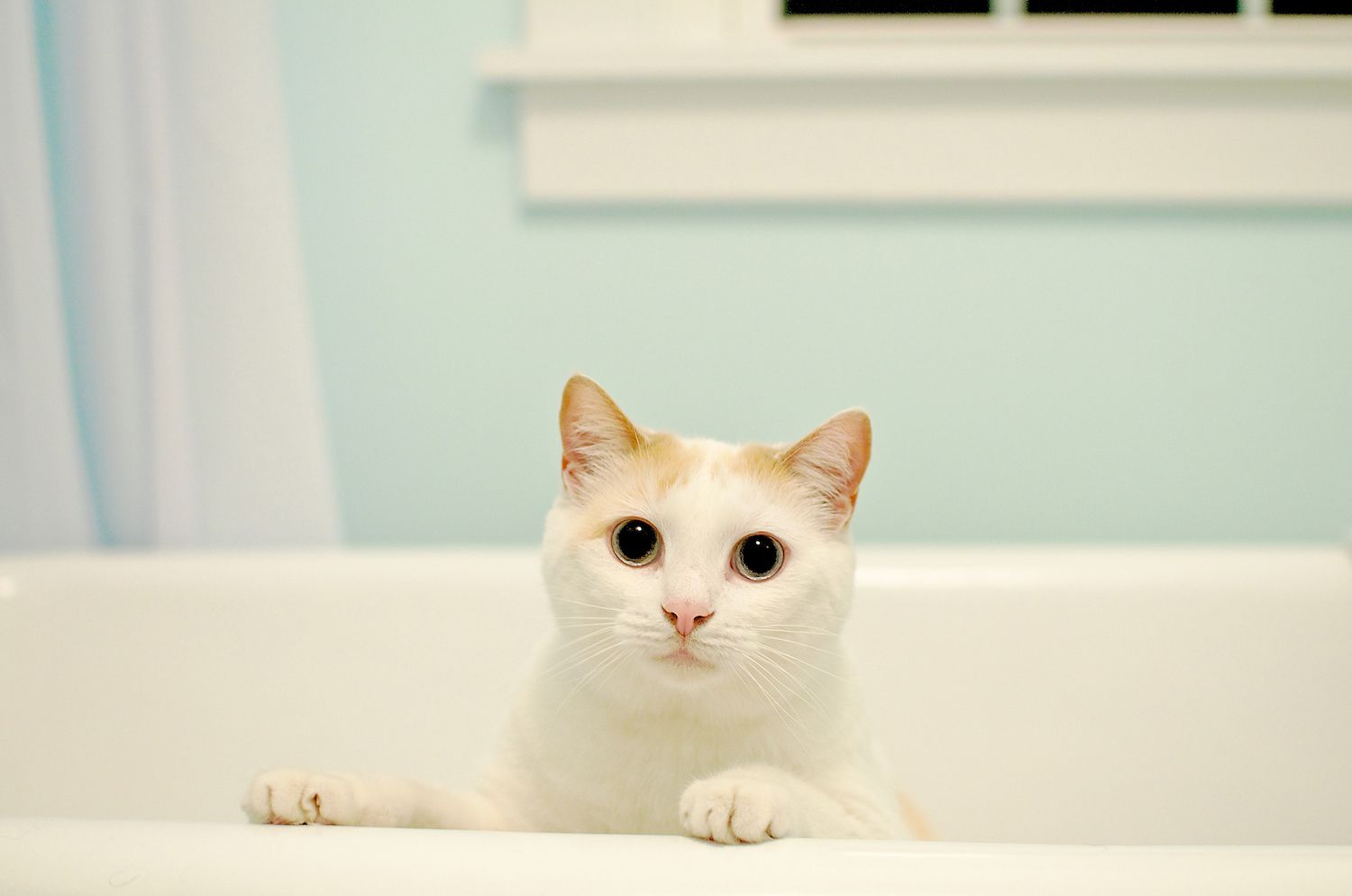
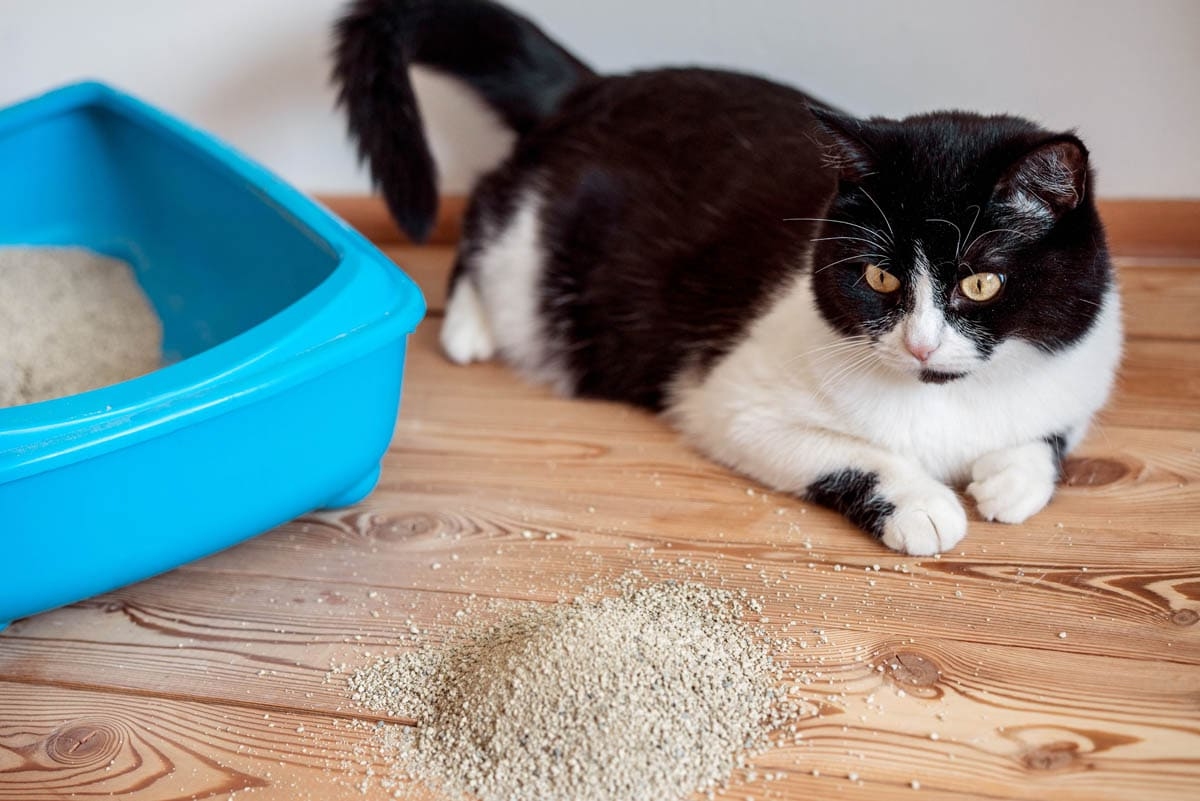
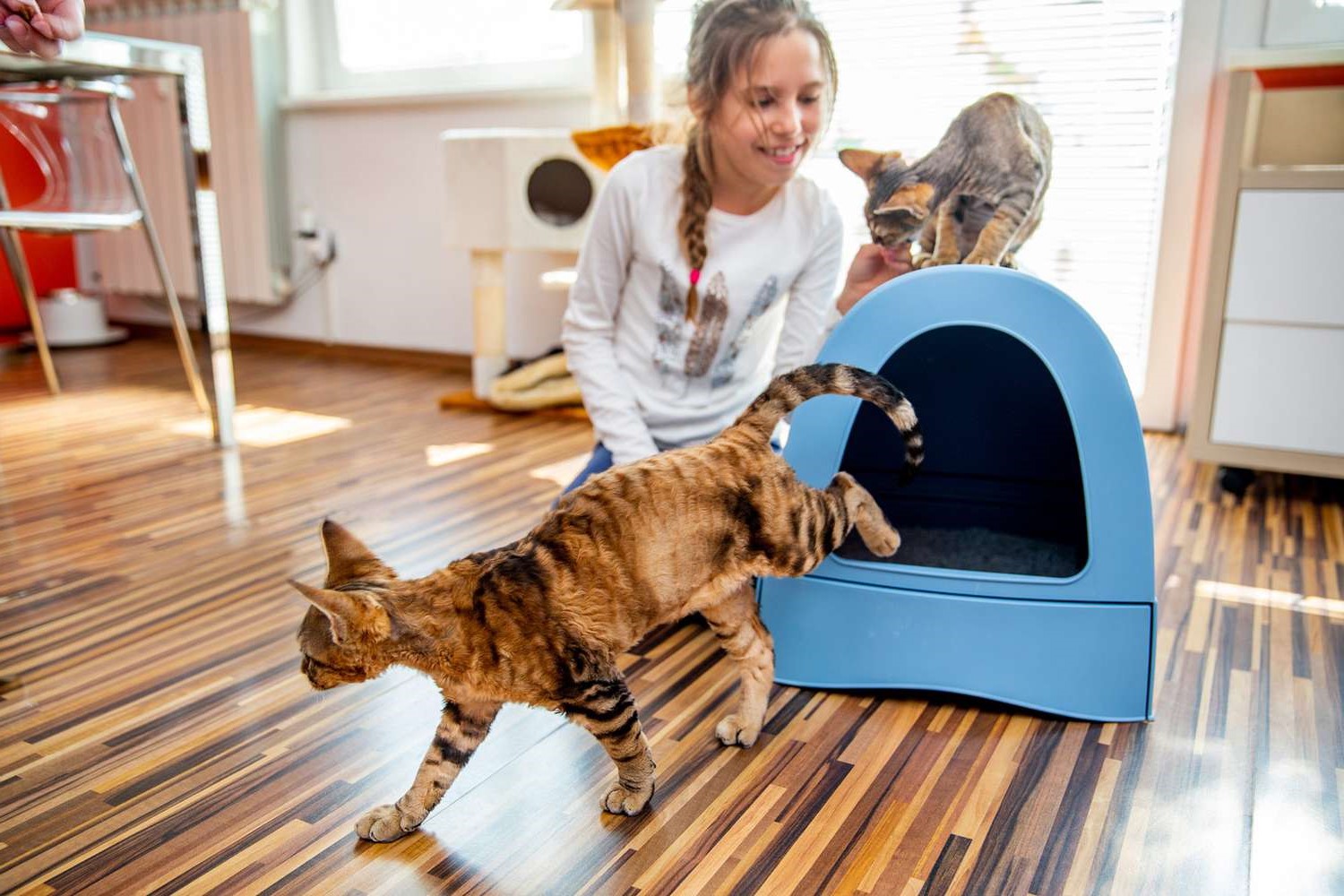
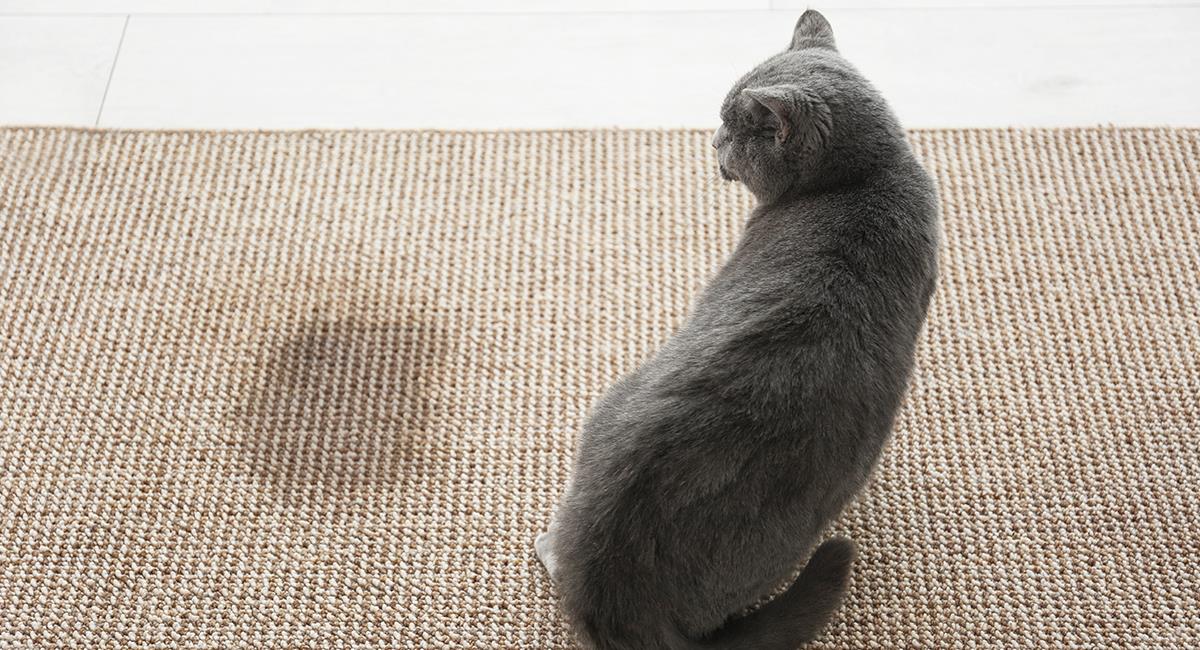
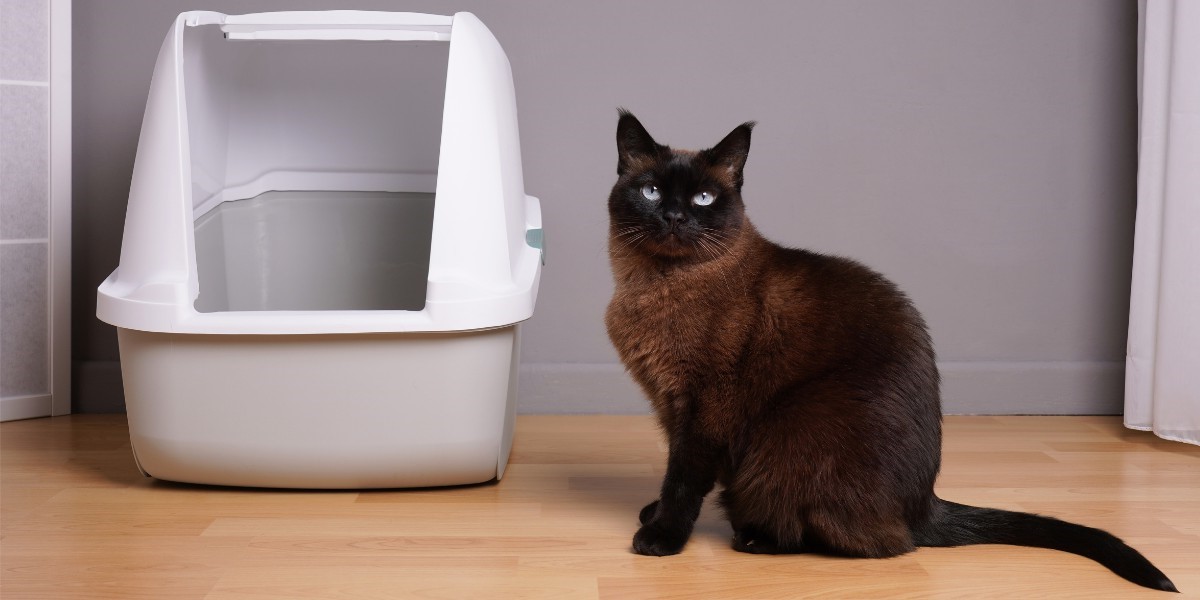
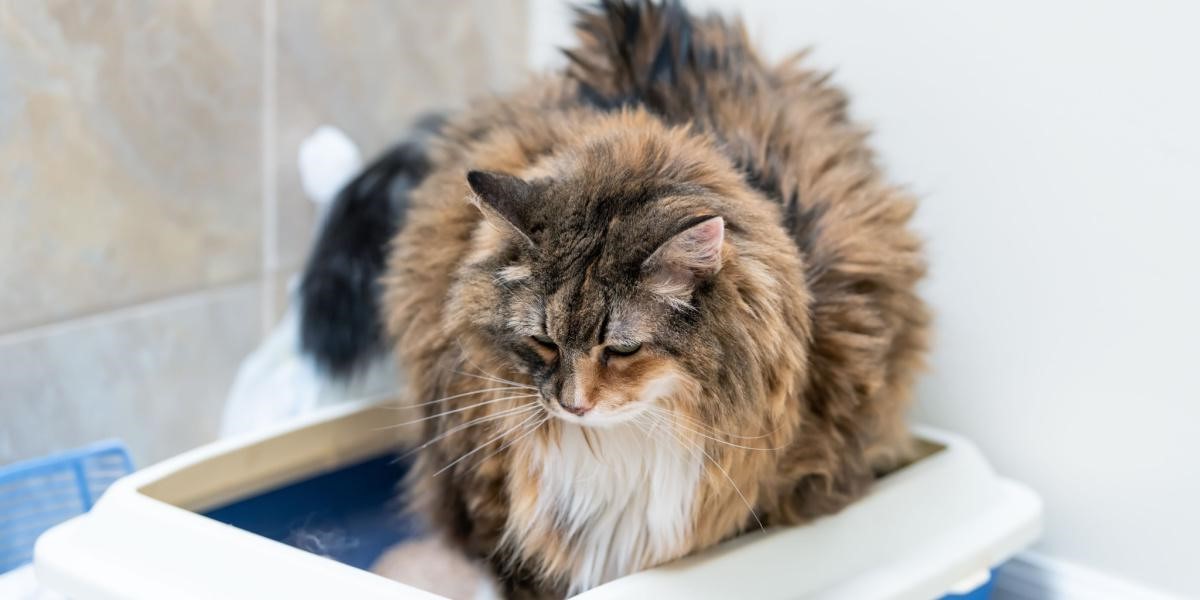
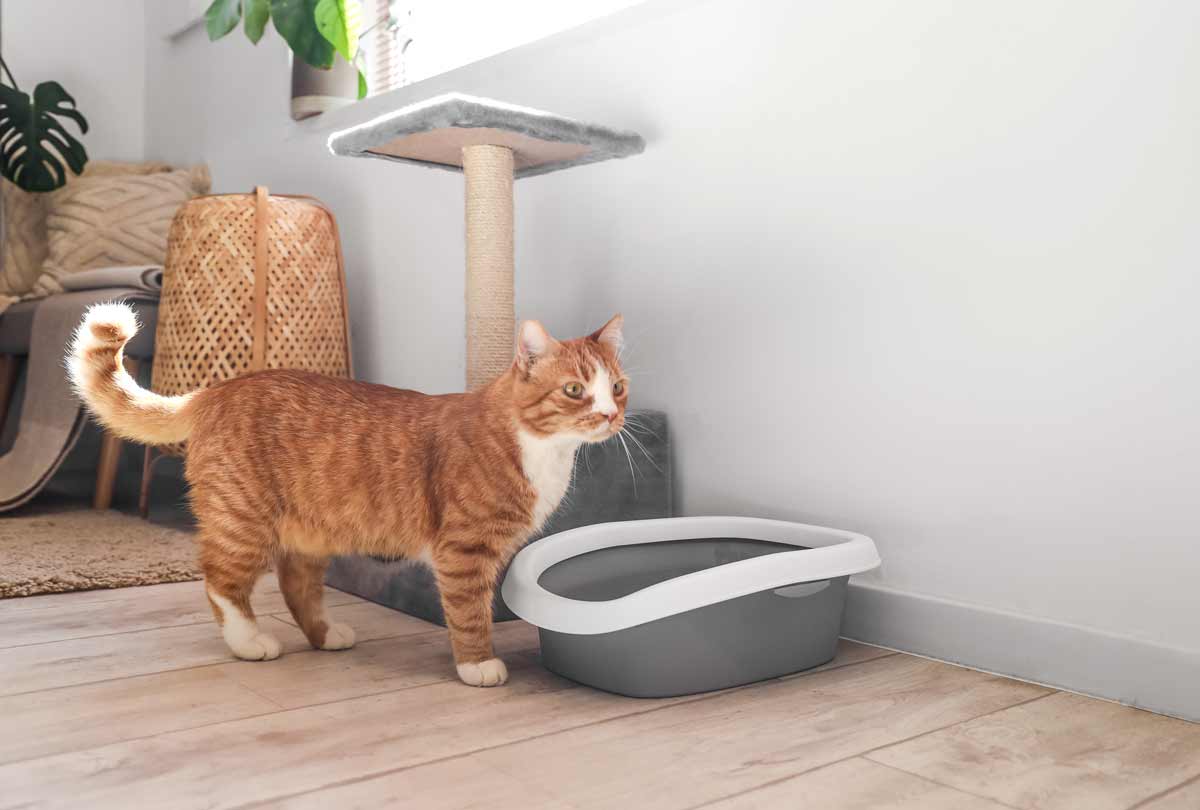
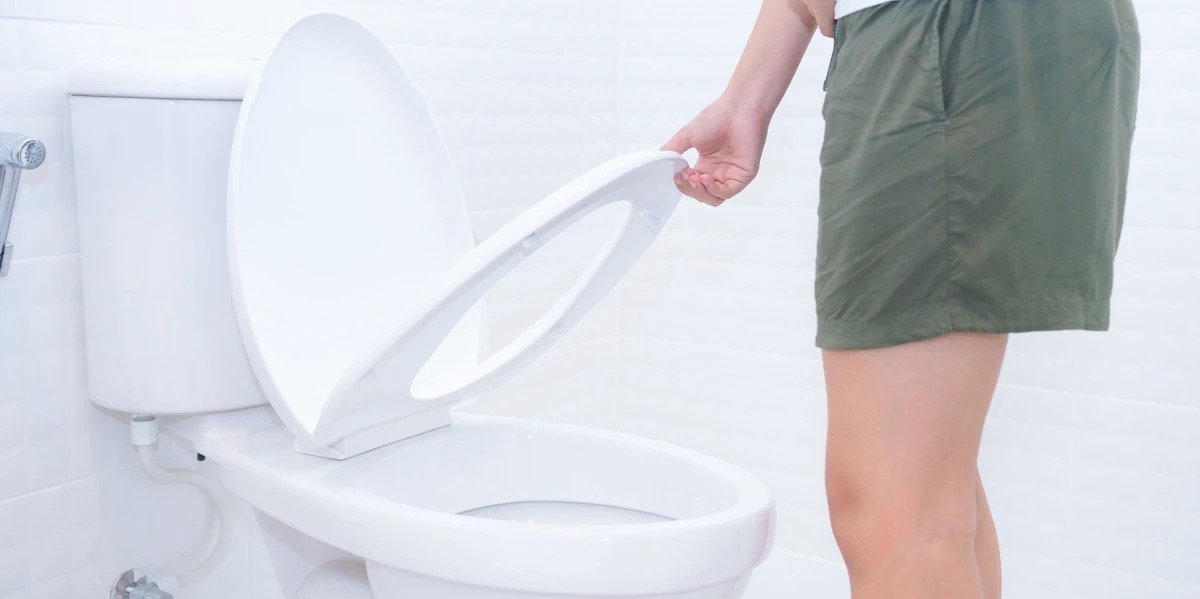

0 thoughts on “Why Do Cats Pee On The Floor”